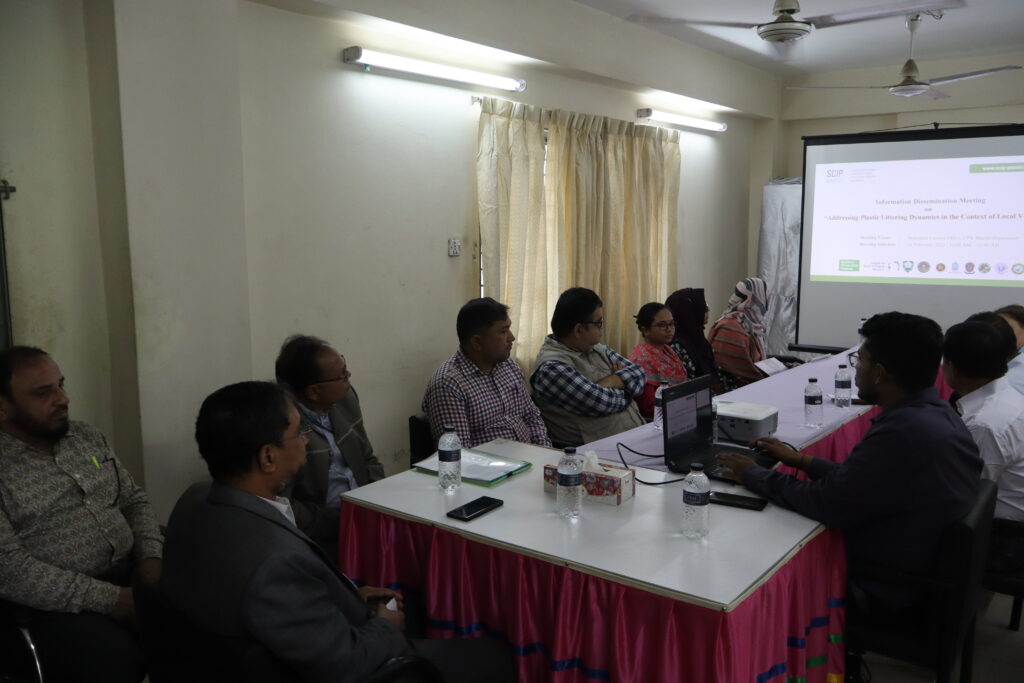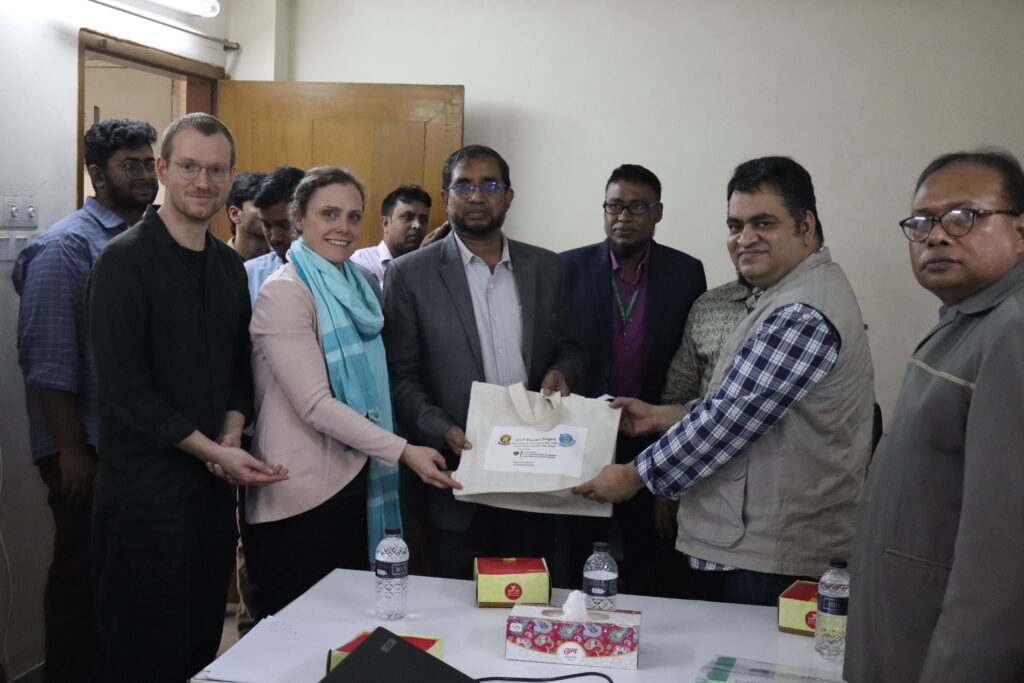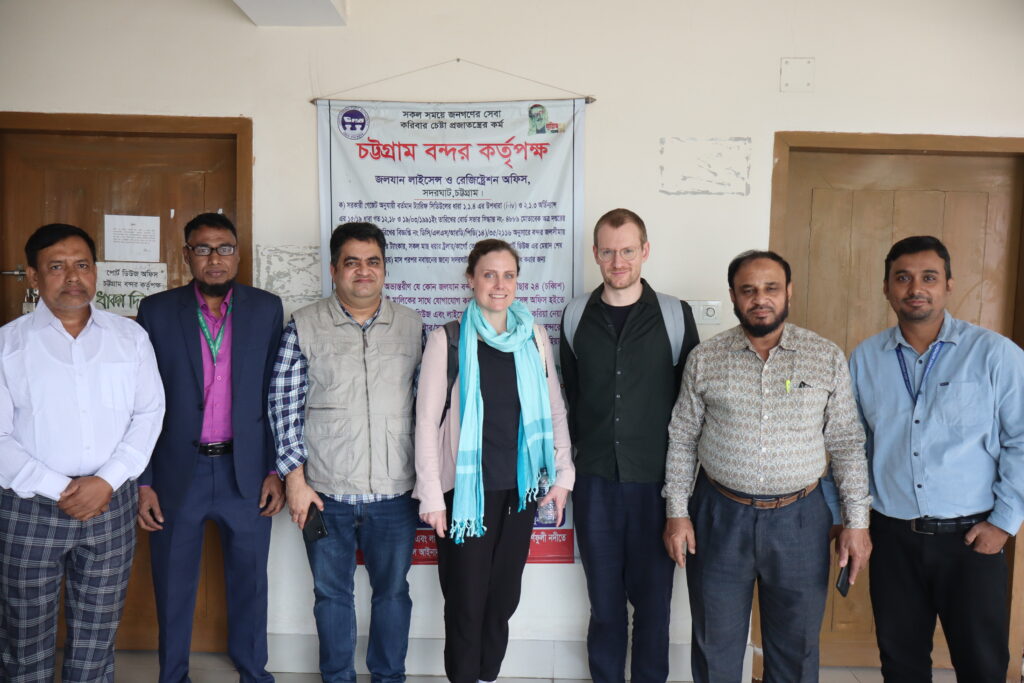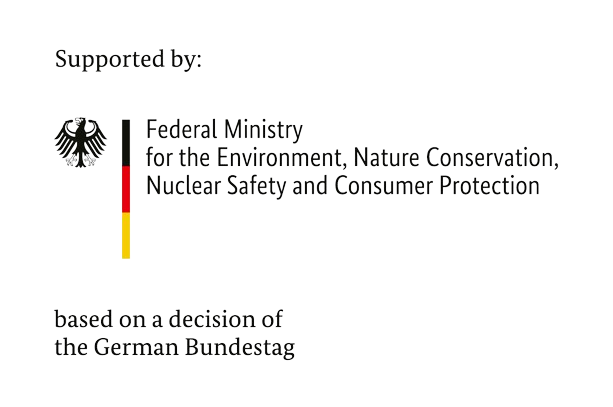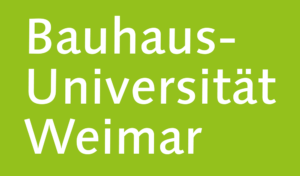Chattogram, February 11, 2025
An information dissemination meeting on “Addressing Plastic Littering Dynamics in the Context of Local Vessels” was held on February 11, 2025 at the Sadarghat License Office, CPA Marine Department, Chattogram. The event was organized by the SCIP Plastics Project, Chittagong University of Engineering and Technology (CUET), bringing together researchers and scientific experts from the SCIP Plastics Project, and personnel from the Chittagong Port Authority (CPA) to discuss the growing issue of plastic pollution from local vessels. Two German delegates from Bauhaus-Universität Weimar, Senta Rosemarie Berner and Philipp Lorber (scientific coordinators of the SCIP Plastics project), attended the meeting as part of this project.
Mr. Niloy Das, Environmental Engineer, SCIP Plastics project, presented the findings of local ships’ plastic pollution. Prof. Dr. Asiful Hoque, Scientific Expert of the project highlighted how plastic waste from local vessels contributes to marine pollution, affecting aquatic ecosystems, fisheries, and public health. He also emphasized the urgent need for sustainable waste management practices in the maritime industry to curb the increasing levels of plastic pollution in Bangladesh’s waterways. Ms. Senta Berner and Mr. Philipp Lorber stressed the importance of collaborative efforts between regulatory bodies, research institutions, and industry players to develop practical strategies for reducing plastic waste. Captain Md. Abu Sufian, Dock Master of CPA, acknowledged CPA’s gap in handling local ship’s wastes and expressed interest in collaborating to form and adopt a waste management guideline for local vessels. Md. Al Hasnat, Hydrographer (Dredging), CPA, and Lt. Mokhles, Environmental Officer, Environmental Management Unit, CPA, highlighted local collaboration as a key factor to ensure practical solutions. The meeting ended with a commitment to moving forward towards identifying potential solutions, including stricter regulations, improved waste disposal systems, and awareness campaigns for vessel operators and passengers.
